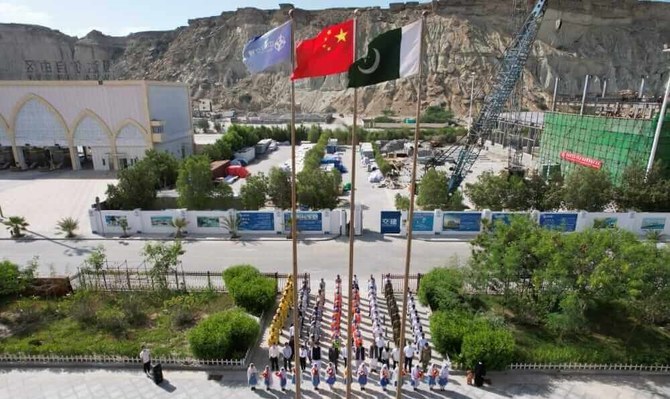QETTA: Pakistani security forces on Wednesday killed eight Baloch Liberation Army militants who stormed a complex outside the strategic port of Gwadar.
Armed with guns and bombs, the militants attacked the complex that houses offices of government departments, intelligence agencies and paramilitary forces. They detonated a number of bombs before opening fire, said Saeed Ahmed Umrani, a government commissioner.
Provincial Chief Minister Sarfraz Bugti said all eight attackers had been killed by security forces. “The message is loud and clear,” he said. “Whosoever chooses to use violence will see no mercy from the state.”
China has invested heavily in the mineral-rich southwestern province of Balochistan, including developing Gwadar, despite a decades-long separatist insurgency. The deep-water port in the Gulf of Oman near the strategically important Strat of Hormuz is key to the China-Pakistan Economic Corridor, which also encompasses roads and energy projects and is part of Chinese President Xi Jinping's Belt and Road Initiative.
The Baloch Liberation Army, the most prominent of several separatist groups in Balochistan, has previously been involved in attacks on Pakistani and Chinese interests in the region and elsewhere.
Chinese targets have also come under attack by other Baloch militant groups in Pakistan, who have been fighting for decades for a larger share in the regional wealth of mines and minerals that they say is being denied by central government in Islamabad.
Belt and Road projects in Pakistan have been plagued by security concerns. In 2021, a bus carrying engineers to a construction site near a dam in northwestern Pakistan was hit by a bomb, killing 13 people including nine Chinese workers.
















